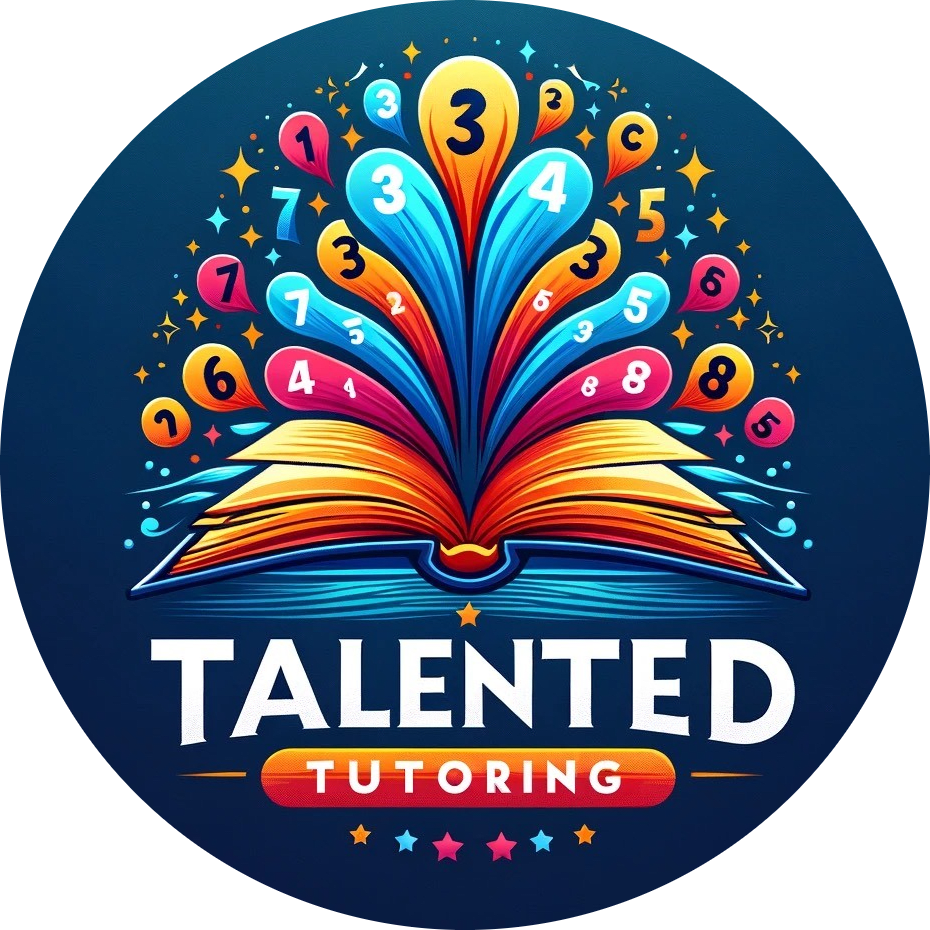The Science Behind Effective Learning Techniques

Posted on December 20, 2023
Effective learning techniques are the key to academic success, and science has provided valuable insights into how our brains absorb and retain information. In this blog post, we'll delve into the science-based learning strategies for math and science that can help you or your child improve skills and achieve better results in these challenging subjects. Whether you're a student looking to excel or a concerned parent seeking the best tutoring services, understanding these effective science-based study techniques is crucial.
Understanding the Brain's Learning Process
Before we dive into specific techniques, let's explore how the brain learns. Neuroscientists have discovered that our brains are remarkably adaptable and can form new neural connections throughout life. This phenomenon is known as neuroplasticity. When we learn something new, our brains create and strengthen synapses, which are connections between neurons. This process enables us to acquire and retain knowledge.
Science-Based Learning Strategies for Math
1. Active Engagement
Active engagement is one of the most effective science-based study techniques. Instead of passively reading or listening, students actively participate in the learning process. This can involve solving math problems, discussing concepts, or teaching the material to someone else. Studies have shown that actively engaging with the material leads to better comprehension and retention.
2. Spaced Repetition
Spaced repetition is a scientifically proven technique that involves reviewing and revisiting material at increasing intervals over time. This approach optimizes memory retention by reinforcing information just before it is forgotten. Incorporating spaced repetition into math tutoring sessions can significantly improve long-term learning outcomes.
3. Interleaved Practice
Interleaved practice is a technique where different but related topics are mixed together during study sessions. For math, this might involve practicing different types of problems in one session rather than focusing on a single topic at a time. Research suggests that interleaved practice enhances the brain's ability to discriminate between different concepts and improves problem-solving skills.
Effective Science-Based Study Techniques for Science
1. Visualization
Science is often abstract and complex, making visualization a powerful tool for comprehension. Encouraging students to visualize scientific concepts helps them understand and remember intricate details. Whether it's molecular structures in chemistry or biological processes, creating mental images can make a significant difference.
2. Concept Mapping
Concept mapping is a technique that involves creating visual representations of ideas and their connections. When studying complex scientific subjects like biology or physics, concept maps can help students organize information, identify relationships, and gain a deeper understanding of the topic.
3. Real-Life Application
Applying scientific knowledge to real-life situations is a practical way to reinforce learning. Tutoring sessions that incorporate hands-on experiments or discussions about real-world applications of science concepts can make the subject more engaging and relatable.
How to Improve Math Skills With Science-Backed Methods
Now that we've explored various science-based learning strategies for math and science, the question is, how can you implement these techniques effectively?
1. Personalized Tutoring
One of the most effective ways to apply these science-backed methods is through personalized tutoring. A dedicated math and science tutor can assess your or your child's learning style, strengths, and weaknesses. They can then tailor their teaching approach to incorporate these science-based strategies for maximum benefit.
2. Consistency and Practice
Consistency is key when it comes to improving math and science skills. Regular practice sessions that incorporate active engagement, spaced repetition, and interleaved practice can lead to significant progress over time. A tutor can provide guidance and structure to ensure that practice is effective.
3. Enthusiasm for Learning
A passionate tutor can ignite a love for math and science in students. By making the subjects exciting and relevant, they can motivate students to actively engage in the learning process. Visualization, concept mapping, and real-life applications become more enjoyable when presented with enthusiasm.
Final Thoughts
All things considered, the science behind effective learning techniques offers a roadmap to success in math and science. By understanding the brain's learning process and implementing science-based strategies, students can achieve better results and develop a deeper appreciation for these subjects. If you're looking to improve math skills or excel in science, consider reaching out to Talented Tutoring LLC at (203) 843-7508. Our dedicated team of educators specializes in personalized tutoring, applying these science-backed methods to help you or your child unlock their full academic potential. Don't hesitate to get in touch and embark on a journey towards academic excellence.
Get in Touch
Reach Out for Assistance
Connect with us easily through our contact form to get expert guidance and answers to your questions. We're here to support your educational journey.
